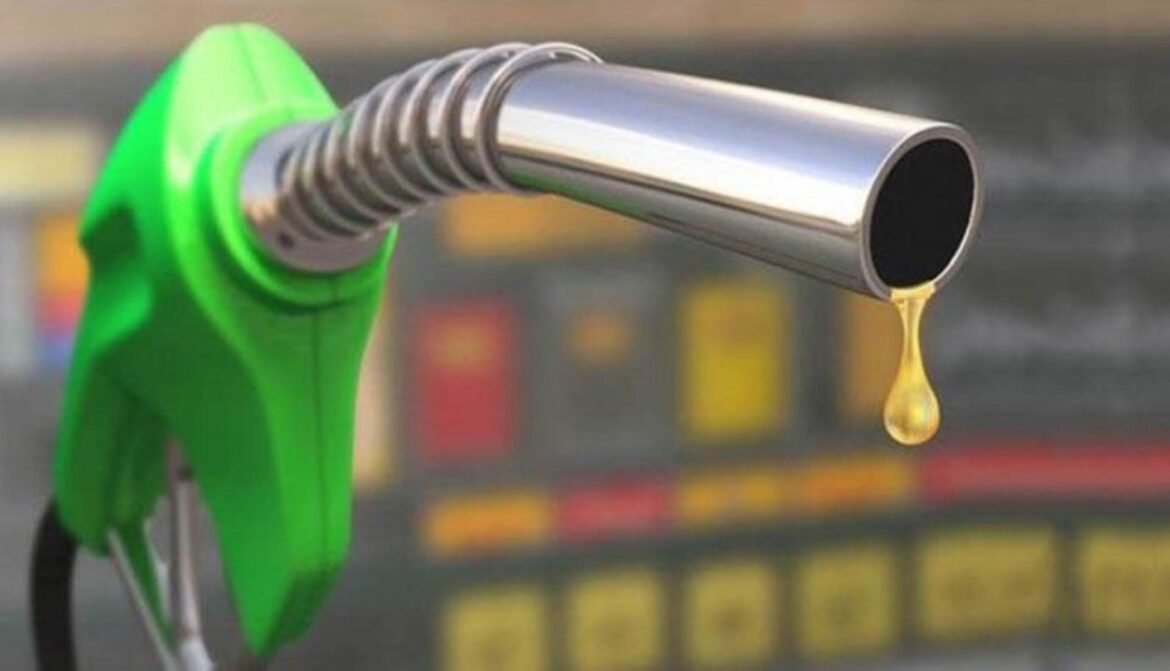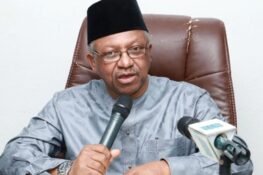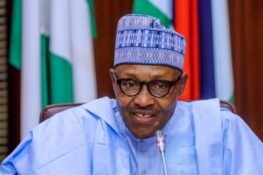President Bola Tinubu’s first move on the first day of his presidency was not only his best move but also his worst move.
Beset with perennial corruption, every Nigerian understood that cheap gasoline no longer served a useful purpose and needed to end.
But they also expected that the process of ending the senseless gift to the elite at the people’s expense would include a strong dose of assistance for the most affected citizens.
It has always been necessary to make fuel prices flow with the forces of a free market policy.
The people get it!
What’s strange is why the public have to endure excruciating economic pains before there is a policy response to the impacts of the adjustment.
While the subsidy removal has been generally welcomed, its amelioration was unarticulated, only gaining attention after a distressed public squealed under severe hardship.
The reverse of the subsidy policy produced instant ripple effects, as fuel prices surged, from around 160 naira to above 500 naira.
In a country with the largest density of the poor in the world, those who were already struggling were simply hobbled.
Nigeria’s Consumer Price Index is currently at 547, up from 455 one year ago, representing a change of 17% over one year; and the inflationary rate is at 22.41%. Nigerians are rattled as prices just keep rising.
It is not too difficult to see that the average man has been plunged into the deepest ends of lack and need.
The World Bank estimated that an additional seven million people could be pushed into poverty by the end of the year, on top of about 100 million who are already marginalized.
The fuel subsidy removal announced when President Tinubu unlocked the door to Aso Rock was a policy that was shallow in planning and its execution should be considered a critical misstep by the new administration, simply because it lacked the human content.
What ought to have been done on day one, in that inaugural speech of the President, was to provide a clear outline of programs waiting to rollout immediately, to guarantee that those most vulnerable to a decision of such seismic magnitude would be protected
It is obvious that President Tinubu signed this agreement behind closed doors with his predecessor, pretending he was helpless, and leaving the ordinary Nigerian to roast.
It will, however, be delusional for the new administration to assume that Nigerians will just believe removing the subsidy is the right thing to do if they are abandoned to face its consequences unassisted.
While most citizens align with the thinking behind the subsidy removal and are supportive of the resolve of the new administration to correct the problem, they did not expect to be left high and dry.
What ought to have been done on day one, in that inaugural speech of the President, was to provide a clear outline of programs waiting to rollout immediately, to guarantee that those most vulnerable to a decision of such seismic magnitude would be protected.
The Tinubu presidency seemed to have forgotten that the common man was already pumelled by the previous Buhari administation.
I write from the diaspora and could not directly feel the pain like most Nigerians, but I read and hear stories, apart from SOS calls from those in my circle. Nigerians’ pains are growing.
These days, it is common for people to ask for transportation coverage to run a little errand, as the cost of living hit the roof.
A friend narrated how N5,000 worth of automobile gasoline lasts for just two days of local errands – like dropping the kids off at school.
The new administration has made a wrong move and efforts to correct it are, so far, too little but, perhaps, not too late.
No one should love any party, government, administration or politician to the extent that it becomes acceptable that willful imposition of hardship is possible under any guise or reason.
If Nigerians can be made to face a policy that was swift and immediate in severity, they should also expect a solution that is equal and opposite in relief.
If the government was as quick to act on day one, it must be swift to respond to people’s sufferings on day one.
Therefore, the sufferings that Nigerians are being made to go through following the removal of subsidies is a stain on the starched and voluminous agbada of President Bola Tinubu. He must remove it quickly.
Many have been praising President Tinubu for being so quick to act and on the right things.
I agree that his priorities are needed and salute his courage.
I worry, however, that he has spent so much time being comfortable with seeing the sufferings of the common man. How has he been able to sleep?
President Tinubu must show, and he has acknowledged publicly, that he understands the pains of his people.
This is a President who saw Nigerians become victims to the ousted Central Bank Governor, Godwin Emefiele, during the disastrous Naira replacement program, which almost cost the President the election.
That leash of pain has continued to be wrapped around the neck of the people through the subsidy removal.
Politicians have always taken Nigerians for granted, even when they know the gruesomeness of their polices.
Under the administration of Mr. Rauf Aregbesola in Osun State, private properties, including my father’s, were demolished to make way for the expansion of a major road in Osogbo. The execution was particularly bad.
Homeowners were uprooted without compensation, a process that led some retirees to perish early. Governor Aregbesola did not pay compensation or resettle the homeowners throughout his days as the governor of Osun State.
It wasn’t until the eve of his governorship re-election that his successor, Governor Gboyega Oyetola, paid a paltry sum to homeowners, ostensibly to win favor during a tough election he still lost.
Both governors are close allies of President Tinubu and represented the same party. They were cold in policy implementation.
Public policies and programs always need to have the human element to them.
Failure to consider the welfare of the people affected is why parties lose elections in truly democratic societies. There is a lot of that lesson for the APC to learn in Osun State.
Too often, politicians take Nigerians for granted. In fact, they dare Nigerians – knowing that Nigerians do not fight.
It seems like an afterthought for the administration to talk about what it would do for the people almost two months later, which includes a N500 billion palliative that comprises N8,000 payments to 12 million lower-paid Nigerians and the release of emergency food from the national food bank
But the absence of a willpower to oppose the government does not mean the government have to continually make the people’s life unbearable.
Before removing the petroleum subsidy, the Tinubu administration should have had a plan on day one for the people.
It is what responsible governments do all over the world.
They ensure that human suffering is reduced to the barest minimum during changes in public policy.
To subject Nigerians to extreme hardship while the government is still pondering how to implement a massive program is Tinubu’s first bad move.
It seems like an afterthought for the administration to talk about what it would do for the people almost two months later, which includes a N500 billion palliative that comprises N8,000 payments to 12 million lower-paid Nigerians and the release of emergency food from the national food bank.
Those should have been announced and implemented immediately after May 29.
I did a quick calculation and the N8,000 can be spent rather quickly.
It is too small to have an impact. In an inexpensive restaurant, you will spend N1,000 for a meal.
In Lagos, many people spend as much as, or more than, N2,000 per day between home and work. One loaf of bread for a family is about N1,200.
The money won’t go round those people who need it the most because of corruption.
Besides, it is just $11 per month!
I ask the President what he wants people to do with such a trivial amount.








